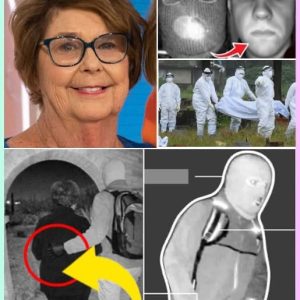Nursing Degrees Removed From ‘Professional’ Classification Under Trump-Era Student Loan Changes
Nursing is no longer classified as a “professional” degree under new federal student loan rules implemented by the Trump administration, a move that has drawn sharp criticism from major nursing organizations. The reclassification, paired with the elimination of the Grad PLUS loan program for graduate and professional students, has raised concerns over how students pursuing advanced nursing education will finance their degrees.
The changes come as part of the U.S. Department of Education’s broader adjustments to federal student loans under President Donald Trump’s One Big Beautiful Bill Act (OBBBA). Under the revisions, nursing programs, including post-baccalaureate degrees required to become physician assistants, nurse practitioners, and physical therapists, are excluded from the category of “professional” degrees. The Department of Education also announced plans to eliminate Grad PLUS loans, which were designed to cover education-related expenses not met by other financial aid, and to cap Parent PLUS Loans, used by parents to finance undergraduate education.
The Grad PLUS loan program, introduced in 2006, will be discontinued, with the department citing concerns over “unsustainable student loan borrowing.” Under the OBBBA changes, set to take effect next summer, new loan caps for graduate students will be $20,500 annually, with a $100,000 lifetime limit. Professional students — previously able to borrow up to the full cost of attendance — will be capped at $50,000 annually, with a $200,000 aggregate limit.
“These changes are intended to prevent institutions from offering graduate programs with high tuition and a negative return on investment,” the department said in a news release. The agency also introduced a “new and simplified” Repayment Assistance Plan and updated the definition of what constitutes a professional student.




